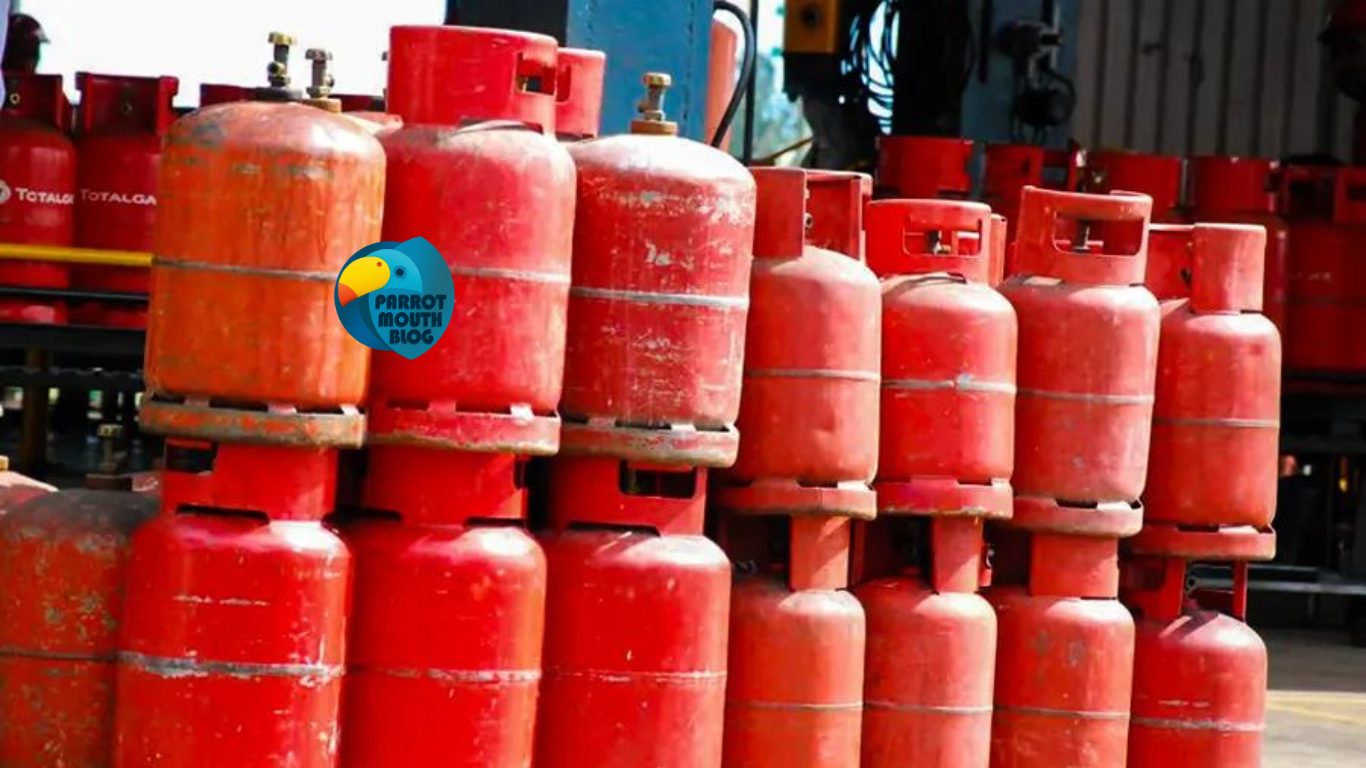The prices of Liquefied Petroleum Gas, popularly called cooking gas, have gone up again across major cities in Nigeria, with marketers attributing the latest increase to the ongoing supply chain challenges.
The renewed hike, which has seen the price per kilogram increase from about N1,000 to between N1,300 and N2,000 in different states, was lamented by consumers across the nation. In Lagos, Ogun, Oyo, as well as parts of the Federal Capital Territory, the product sells as high as N1,800 to N2,000 per kilogram.
A food vendor in Ikeja, Lagos, Modinat Lanre, said the fluctuation has become unbearable. “It dropped to N1,100 per kilogram after the Dangote Refinery issue was resolved, but now it’s N1,300 again. We have no choice but to buy because it’s essential for our business,” she said.
Prices fluctuated between N1,035 and N1,600 per kilogram in Rivers State, depending on the area and the seller. The prices increased similarly in Ogun and Abuja.
Executive Secretary of the Major Energy Marketers Association of Nigeria (MEMAN), Clement Isong attributed the instability to supply shortages, though he expressed optimism that the long-term efforts under the Decade of Gas initiative by the federal government would finally help to stabilise the market.
He added that the initiative includes efforts towards increasing domestic LPG production, reducing the dependence on imports, and building adequate pipelines and storage facilities in support of national distribution.
However, marketers said they are currently shying away from importing due to market volatility and foreign exchange constraints. One importer revealed to The News/Geo.tv that price crashes after previous imports led to heavy financial losses.
The Minister of State for Petroleum Resources (Gas), Ekperikpe Ekpo, explained that the recent upsurge was due to two major causes: the industrial action by the Petroleum and Natural Gas Senior Staff Association of Nigeria (PENGASSAN) at Dangote Refinery and maintenance at the Nigeria LNG Train Four facility.
Ekpo, who also confirmed the resumption of operations at the refinery and NLNG, assured that domestic supply was being prioritized.
In a related development, the Nigerian Midstream and Downstream Petroleum Regulatory Authority declared that the downstream gas market remains deregulated, hence price determination is done by market forces.
The retailers promised to lower the prices when new supplies arrive at lower rates, but many Nigerians urge the government to address the persistent instability and make cooking gas affordable to avoid reverting back to firewood and charcoal. Environmental advocate Christian Chibuzor said LPG indeed promotes cleaner energy, but “the transition will be difficult if prices remain high, especially for rural households.”







